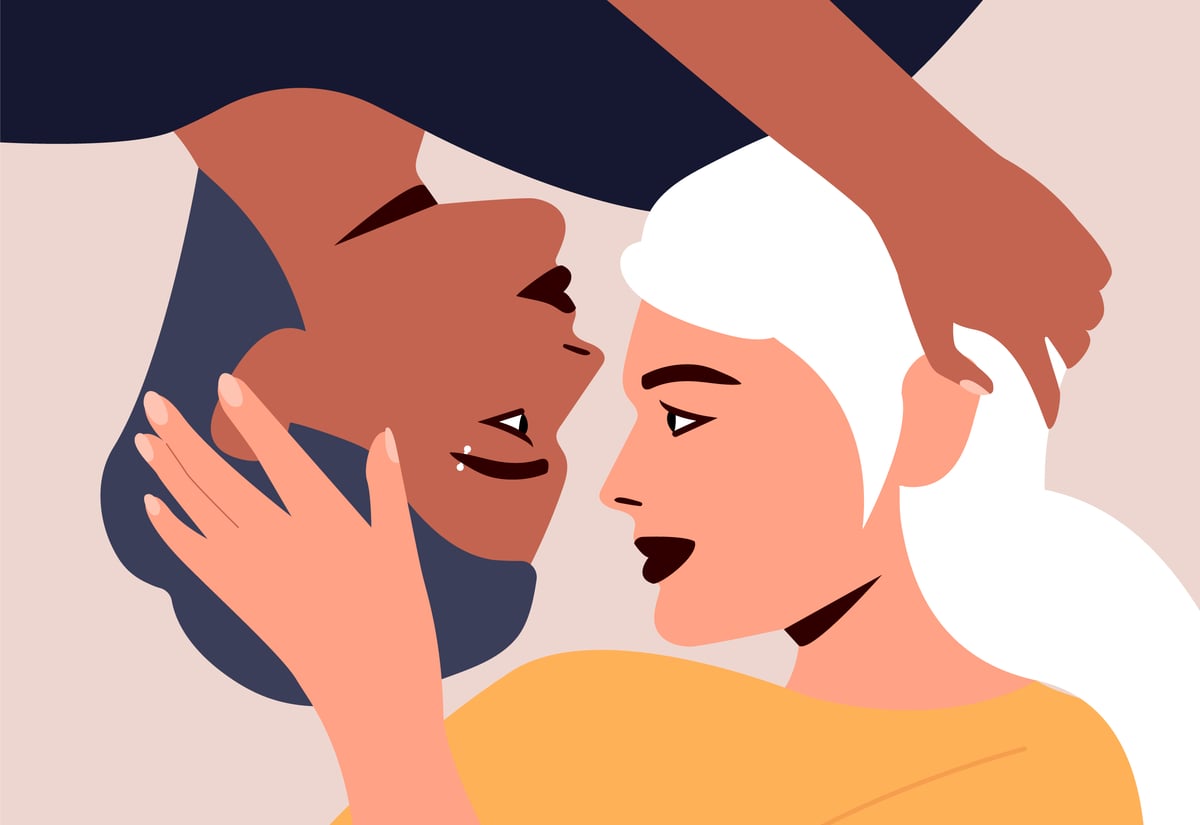
You're in a new relationship. And it's all going well! Exciting! Big old whirlwind! But then suddenly you get this... niggling feeling. This feeling that you need to reel it all back a bit before things get too... 'official'.
If this sounds like you, chances are you might be emotionally unavailable. That is, while you want a relationship and the intimacy that goes with it - you're terrified of commitment and the feeling of vulnerability.
Watch: Here are the relationship red flags you need to look out for. Post continues below.
Being emotionally unavailable doesn't mean there's anything wrong with you - it just means you've built some pretty high walls to protect yourself from getting hurt. Thing is, it might mean you're not only sabotaging your own relationships, but your happiness too.
The good news? Being emotionally unavailable is something you can change.
We speak to two psychologists and ask them everything we need to know about how to find out if you're emotionally unavailable - and how to get out of your own head.
What does being emotionally unavailable mean?
Before we dive in, let's take a quick look at what being emotionally unavailable actually... means. We all know emotional availability is obviously a very important part of healthy relationships, but what happens you're stuck at the other end?





























































































